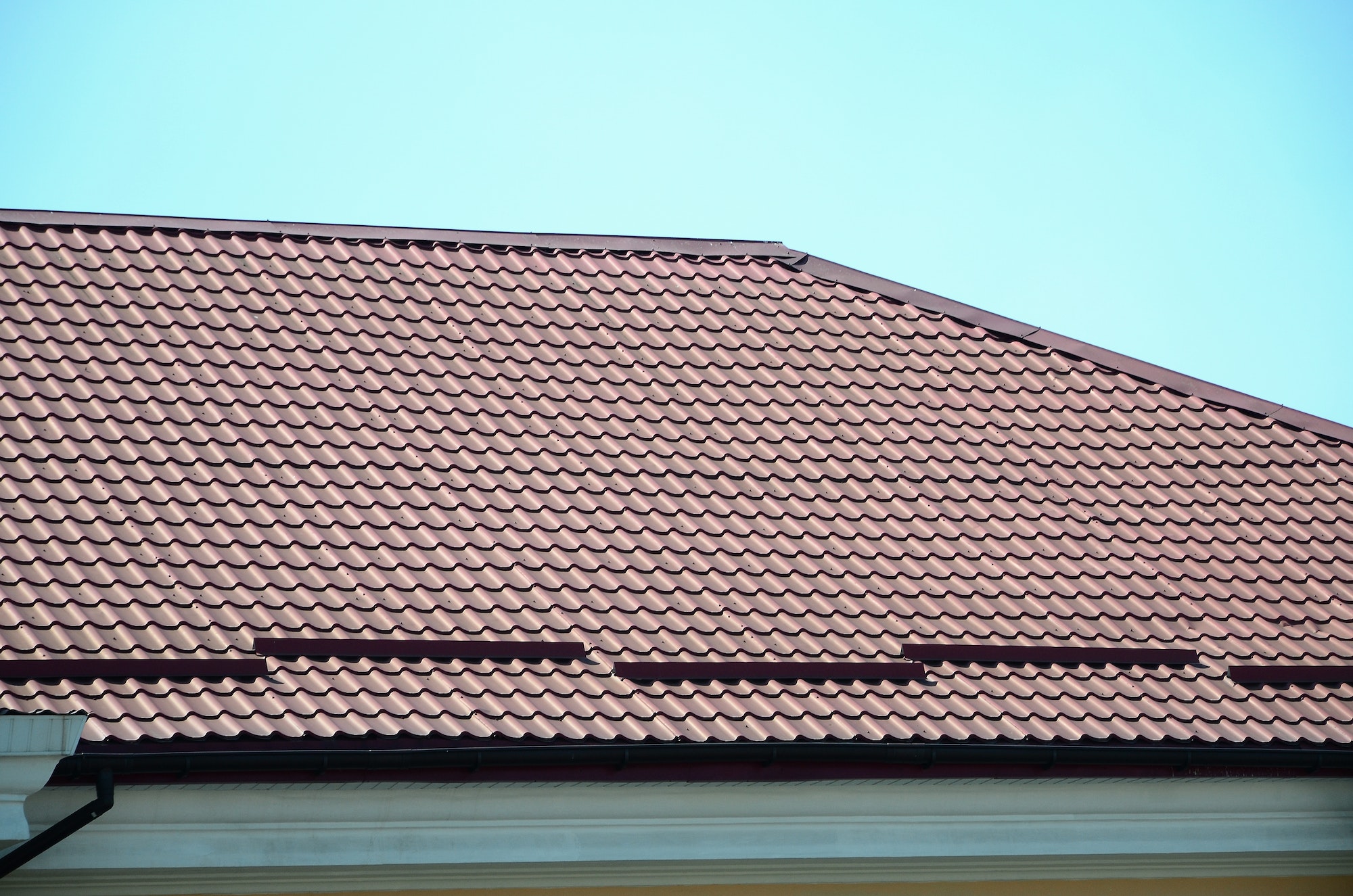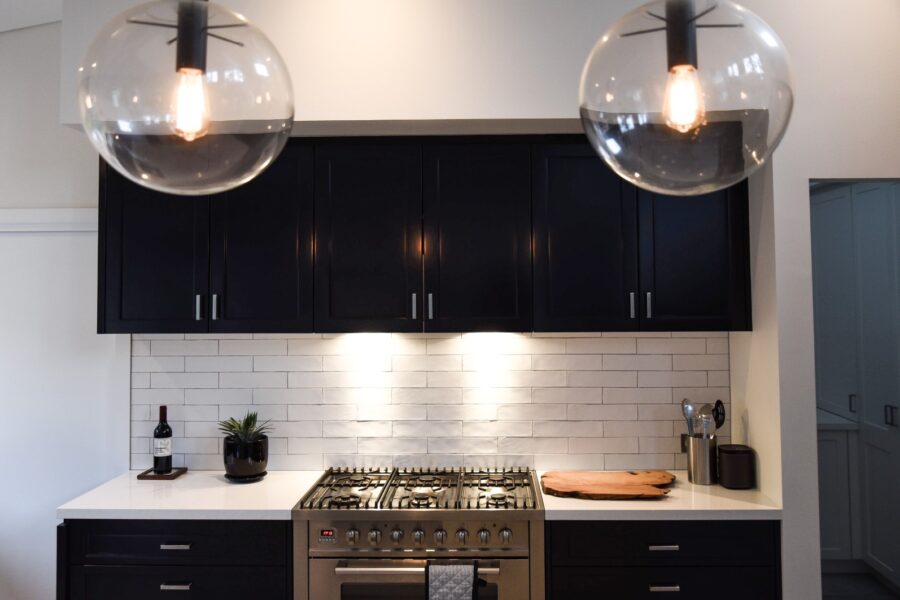Imagine a tranquil afternoon by the pool, where the gentle lapping of water and the soft rustle of leaves create the perfect backdrop for your relaxation. The sun is shining, and maybe you have a refreshing drink in your hand. Everything seems perfect—until you hear an unexpected sound. But wait—what’s that noise? Is it a lawnmower starting up in the distance? Or perhaps a jet engine flying overhead? No, it’s your pool pump wreaking havoc on your peace of mind.
For many pool owners, a noisy pool pump can quickly transform a serene backyard oasis into a cacophony of clamour, disrupting the peace and tranquillity that you sought. In this guide, we’ll explore the common causes of noise in pool pumps, provide diagnostic tips to help you identify the source of the issue, and share effective solutions to ensure that your poolside symphony remains uninterrupted. Whether it’s a simple adjustment or a more involved repair, we’ll help you restore the quiet you desire in your outdoor retreat.
Understanding the Basics of Pool Pumps
Before we tackle the noise, it helps to understand what makes your pool pump tick. At its core, a pool pump is the heart of the pool’s filtration system, circulating water through filters to keep it sparkling clean. This process not only removes debris but also ensures that chemicals are evenly distributed, maintaining water quality. Essentially, the pump pulls water in from the pool, pushes it through a filter, and returns it, clean and clear.
There are several types of pool pumps, each with its unique features and benefits. Single-speed pumps, the traditional choice, operate at one constant speed. While effective, they can be less energy-efficient. Variable-speed pumps, on the other hand, offer adjustable speeds, which can lead to significant energy savings and quieter operation. Then there are dual-speed pumps, providing a middle ground with two operational settings. Understanding these differences can help you figure out why your pump might be misbehaving and making noise.
A well-functioning pool pump is essential for maintaining a healthy perth plunge pool environment. It prevents algae growth, balances chemicals, and keeps the water clean. However, when noises start creeping in, it’s often an indicator that something’s amiss. Addressing these issues promptly can save you time, money, and the mental strain of listening to constant racket.
Diagnosing the Noisy Pool Pump
When your pool pump starts causing a racket, the first step is to diagnose the source of the noise. Begin by conducting a thorough inspection, paying close attention to any unusual sounds. Start by using your senses—look, listen, and even feel the pump to detect vibrations.
Visual cues may include leaks, visible debris, or loose fittings. Auditory cues, on the other hand, can range from high-pitched squeals to low rumbles. Each type of noise tends to point toward different issues. A high-pitched whine might indicate a failing motor, while a grinding noise could mean the impeller is blocked or worn out.
In addition to these cues, perform basic maintenance checks such as cleaning out skimmer baskets, ensuring the pump lid is secured, and that there are no air leaks. These simple steps can often resolve minor issues and prevent them from escalating into serious problems. With a bit of detective work, you can identify the likely culprit behind the noise.
Common Problems and Solutions
Once you’ve diagnosed the problem, it’s time to implement a solution. Here are some common problems that lead to noisy pool pumps and their corresponding fixes:
Air Leaks: If air is getting into your pump system, it can cause noises and decrease efficiency. Check the pump lid o-ring and seals for cracks or wear. Replace any damaged parts and ensure all connections are tight.
Clogging: Debris blocking the impeller or skimmer baskets can lead to noisy operations. Turn off the pump, open it, and manually remove any obstructions. Regularly cleaning these components can prevent future clogs.
Mechanical Issues: Worn-out bearings or motor problems often result in loud grinding noises. Lubricate moving parts if needed, but if the noise persists, it may be time to replace worn components.
Each of these solutions requires some hands-on effort but can significantly reduce or eliminate pump noise. By regularly addressing these issues, you maintain the longevity of both the pump and your peaceful pool environment.
Professional Help and When to Seek It
While many pool pump issues can be resolved with basic maintenance, there are times when professional intervention is necessary. If you notice persistent noise despite troubleshooting efforts, or if the pump is leaking profusely, it’s time to call in an expert.
Choosing a reliable pool pump technician involves research. Look for certified professionals with positive reviews and relevant experience. An expert can provide a thorough inspection, pinpoint underlying issues, and recommend appropriate solutions. Regular professional maintenance can also prevent costly repairs down the line, ensuring your pump remains in optimal condition.
Preventing Future Noisy Pump Incidents
Preventing noise issues before they start is the best approach to maintaining a serene pool environment. Adopting best practices for pump care can go a long way. Ensure the area around the pump is clean and free of debris, and check seals and o-rings regularly.
Establishing a routine maintenance schedule can help catch potential problems early. Monthly checks of skimmer baskets, filters, and pump seals, coupled with an annual professional inspection, can significantly reduce the chance of developing noise issues.
By being proactive in pump care, you not only ensure quiet operation but also extend the life of your equipment. This approach saves you money in the long run and keeps your pool a haven of relaxation.
Conclusion
Keeping your pool pump in top shape is crucial for a peaceful and pleasant poolside experience. A noisy pump is often a cry for help, signalling that something needs attention. By understanding the basics of pool pump operation, diagnosing noise issues, and implementing solutions, you can maintain a harmonious backyard environment.
Don’t wait for a small noise to become a big problem. By taking proactive steps in pump care, you ensure that your pool remains a source of joy rather than a source of stress. Remember, a well-maintained pool pump is your key to a quiet, efficient, and serene backyard oasis.
Discover more from Futurist Architecture
Subscribe to get the latest posts sent to your email.



![modern apartment [article_title]](https://www.futuristarchitecture.com/wp-content/uploads/2025/03/8-Towering-Tips-to-Position-Floor-Lamps-Like-Lighthouses-900x576.jpg)